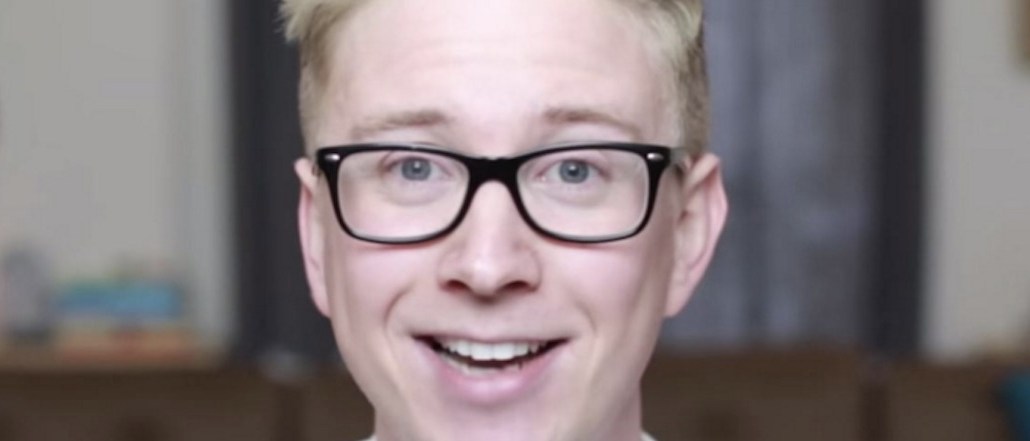Secure your place at the Digiday Publishing Summit in Vail, March 23-25

Oh, no: Tyler Oakley could win an Emmy.
Realizing that digital content is here to stay, the Television Academy announced today that it’s adding several short-form series categories to the Emmy Awards. The new awards, which consist of four genres including comedy or drama, variety, reality and animation, must have at least six episodes and last 15 minutes or less.
The changes were prompted by a “rapid acceleration” in the space as young people continue to gravitate toward Internet stars like PewDiePie, Hannah Hart and GloZell and access programs on new distribution channels like AwesomenessTV, Maker Studios and YouTube Red.
“One of the primary goals for our organization is to award creative excellence,” Bruce Rosenblum, the academy’s CEO, told Variety. “There was no reason why we shouldn’t be awarding creative excellence in short-form digital content as well.”
But that doesn’t mean YouTube and Internet personalities will be seen mingling with television stars during the popular Primetime Emmy Awards in September. Rather, the new awards will be handed out during the Creative Arts Emmy Awards that take place a week before the televised event.
While the Emmys aren’t the first to hand out trophies to Internet celebrities since the Streamy Awards and Webby Awards have been doing it for years, getting an Emmy award is arguably more impressive and recognizable.
More in Media

WTF is a creator capital market?
What is a creator capital market, what does it mean for creators looking to diversify revenue, and why is it so closely tied to crypto?

Media Briefing: Publishers explore selling AI visibility know-how to brands
Publishers are seeing an opportunity to sell their AI citation playbooks as a product to brand clients, to monetize their GEO insights.

Creators eye Snapchat as a reliable income alternative to TikTok and YouTube
Figuring out the Snapchat formula has been very lucrative for creators looking for more consistent revenue on a less-saturated platform.





